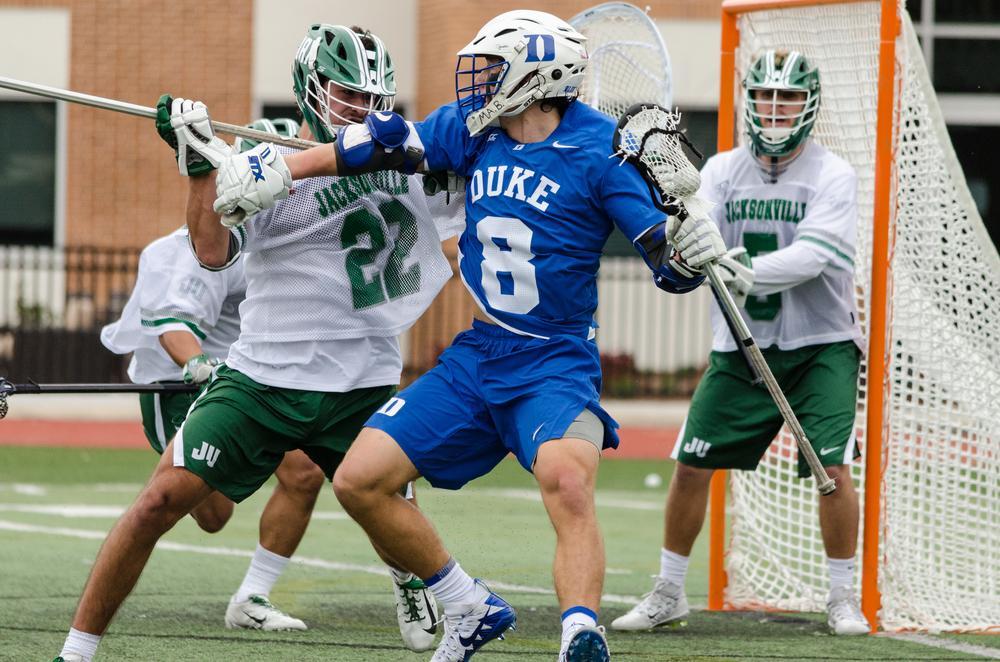
Indergaug et al recently published a study titled, "The Role of Psychological Readiness in Return to Sport Assessment After Anterior Cruciate Ligament Reconstruction."
The authors sought to examine the predictive ability of a return to sport (RTS) test battery on return to preinjury level of sport and reinjury when evaluation of psychological readiness was incorporated.
What did the authors find?
- 129 patients were recruited 9 months after ACLR. Inclusion criteria were age ≥16 years and engagement in sports before injury.
- Baseline testing included single-leg hop tests, isokinetic strength tests, the International Knee Documentation Committee (IKDC) Subjective Knee Form 2000, a custom-made RTS questionnaire, and the Anterior Cruciate Ligament-Return to Sport after Injury (ACL-RSI) scale.
- The RTS criteria were IKDC 2000 score ≥85% and ≥85% leg symmetry index on hop and strength test.
Out of the 103 patients who completed the 2-year follow-up, 42% returned to their preinjury level of sport.
ACL-RSI (which focuses on assessing the psychological readiness to return to sport) at 9 months after surgery and age predicted RTS.
An ACL-RSI score <47 indicated that a patient was at risk of not returning to sport
The functional tests did not predict RTS.
6 patients sustained ACL reinjuries and 7 underwent surgery for other knee complaints/injuries after RTS testing.
None of the 29 patients who passed all RTS criteria, and were therefore cleared for RTS, sustained a second knee injury.
What does this mean?
ACL-RSI and age were predictors of 2-year RTS, while functional tests were not informative. Another main finding was that none of the patients who passed the 85% RTS criteria sustained another knee injury.
This study highlights the importance of assessing and addressing the psychological readiness to return to sport.


